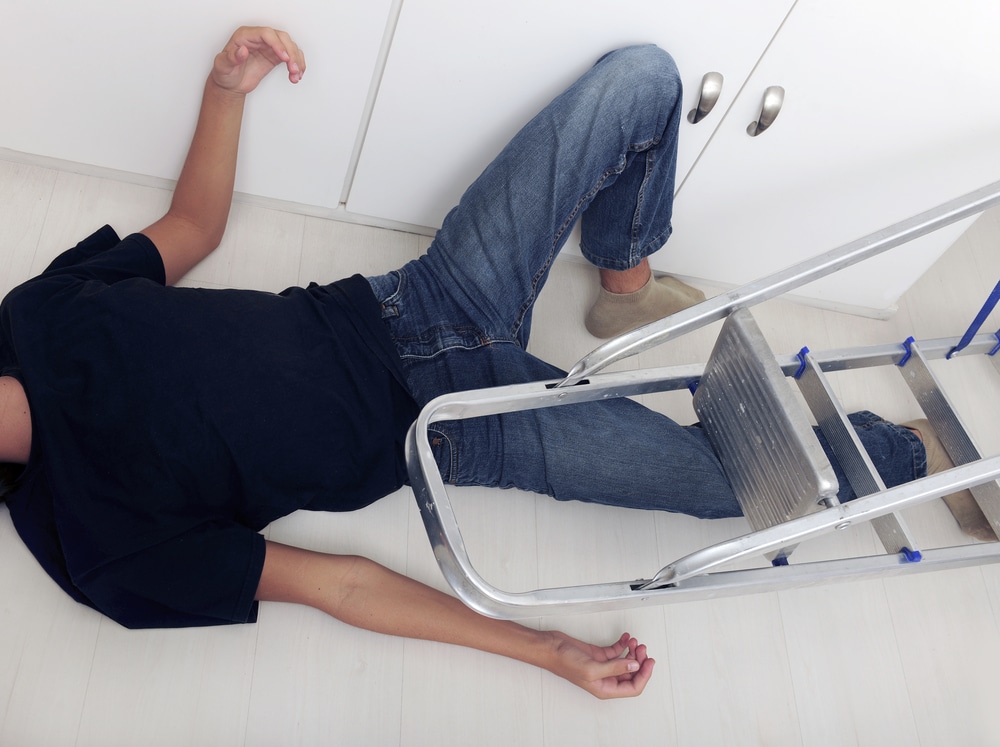In this increasingly litigious world, there are a number of accidents that can occur on your property for which you can be held legally liable. While the best way to avoid accidents like these from occurring is prevention, many times, that is easier said than done. Here are three things to consider in terms of accidents at your home.
Proving Owner Liability Can Be Difficult
When it comes to injuries sustained on your property, some of the most common cases, like the ones listed above, can be difficult to prove.
For example, when a slip-and-fall occurs at your home, the onus is placed on the victim to prove that the homeowner acted negligently, in order to hold him or her liable for the incident that occurred. In fact, there must be some degree of overwhelming evidence to prove a homeowner’s negligence.
A slip-and-fall in itself doesn’t establish a degree of negligence. Instead, the particular circumstances of the case, including the victim’s actions at the time of the incident, and whether or not the owner should have reasonably known there was an unreasonable condition on their property that should have been addressed in advance, all figure into the decision of liability.
Being able to prove and win most claims against homeowner’s policies such as this requires the victim to prove that the owner knowingly did something wrong.
Know The Parties And Their Interests
Should an accident occur at your home with a victim who decides to seek damages, you will not only be contacted by their attorney but also insurance companies as well.
The insurance company will be seeking to establish liability for the injuries sustained on your property and, to put an end to the case as quickly as possible, might attempt to coax information out of you that could adversely affect your rights.
This is why it’s important to have:
- the police report for the accident handy; and
- a notebook to write down adjuster’s names, phone numbers, claim numbers, and the parties they represent as well.
When they provide you with this information, it’s important that you take it down accurately, as each party is responsible for addressing liability as it relates to who’s at fault for the claim.
Know Who To Speak With & What to Say
Once you have an adequate idea of the different parties involved in handling your claim, you can begin to decide with whom you wish to speak. Because certain admissions carry the weight of resulting in either approval or denial of claims, it’s important that all communication with any party involved in the case be taken very seriously.
Because of the implications associated with carrying the blame, it might be prudent to seek an attorney’s assistance in defending yourself in this type of case.
Always keep in mind who you’re speaking to, and where their interests lie. If you’re unsure who you’re speaking to and what you want to say to them, then you’ll want to let them know you will need to call them back later.
If you follow these steps in addressing a case that has been filed for an accident that occurred at your home, then you’ll be well on your way to protecting your interests.
The Villarreal & Begum, LAW GUNS dedicates their time and effort towards helping people in Texas find justice for personal negligence encountered while living their normal, everyday lives.





